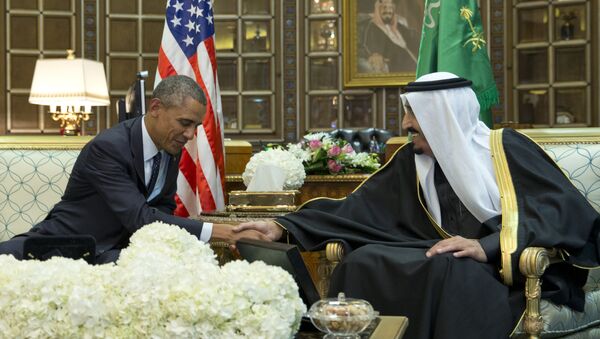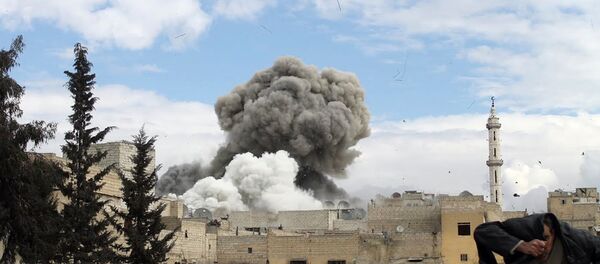Unfortunately for America, this formula has an expiration date. Several factors predetermine the collapse of the current Saudi Arabian ruling monarchy, according to Defense One.
The first is that it operates more as a "family business" than an actual state, where the king, aka the CEO, converts oil into payoffs to buy political and military loyalty. It is widely accepted that the system is corrupt and cannot endure. What happens when the price of loyalty rises and a ravenous elite doesn't limit its appetite now that oil prices keep dropping? The monarchy will face political insolvency.
In countries such as Nigeria, Brazil or Malaysia, when people protest government corruption, heads of state resign. Saudi King Salman's ruling methods include executing dissidents, embarking on foreign wars, and whipping up sectarian rivalries to discredit Saudi Shiite demands.
These and many other social issues, including the treatment of women as second class citizens, only contribute to the disaffection.
According to Defense One, there are three ways things could play out. One is a factional struggle within the royal family when it runs out of money, resulting in a new king who either continues the old ways or attempts reform.
Another possibility is additional foreign wars, as war is a popular option among the desperate to direct attention away from themselves. One war, against Yemen, is already in progress. The monarchy has hinted that it will fight in Syria as well.
Or there could be insurrection. It's unlikely, as the ruling party holds all the resources, but it must, nonetheless, be considered.
The US must be prepared for any of these scenarios and not get caught flat-footed when its Arab lynchpin in Mideast policy comes apart.




